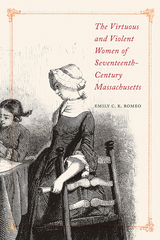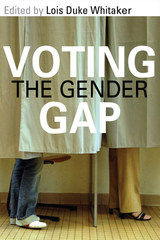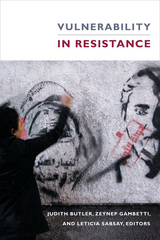4 start with V start with V

The sweep of the volume's coverage is impressive, ranging across historical periods and academic disciplines, as contributors consider the place of the body in gender fantasy and the consequences of gender fantasy for real people and real bodies. The essays investigate figures and topics including Amelia Earhart, soap-opera chat groups, Elizabeth I, mesmerism, lesbianism in the early modern period, cybergames, women in the federalist period, the transgendered body, and performance art. Also examined are the status of embodiment, the origins of gender, gender politics, the pains of subjectivity, the uses of utopian fantasy, technological advances and information technology, the experience of gendered communities, and the role of gender in global politics.
Contributors include Harriette Andreadis, Seyla Benhabib, Charlotte Canning, Bernice Hausman, Janel Mueller, Mary Ann O'Farrell, Kay Schaffer, Sidonie Smith, Carroll Smith-Rosenberg, Helen F. Thompson, Lynne Vallone, and Robyn Warhol. The book will appeal to an interdisciplinary audience of scholars, critics, and students with interests in gender, identity, and cyberculture.
Mary Ann O'Farrell is Associate Professor of English, Texas A & M University. Lynne Vallone is Associate Professor of English, Texas A & M University.

The Virtuous and Violent Women of Seventeenth-Century Massachusetts shows that more dramatic violence by women—including infanticide, the scalping of captors during the Indian Wars, and even witchcraft accusations—was not necessarily intended to challenge the structures of authority but often sprung from women's desire to protect property, safety, and standing for themselves and their families. The situations in which women chose to flout powerful social conventions and resort to overt violence expose the underlying, often unspoken, priorities and gendered expectations that shaped this society.

This book concentrates on the gender gap in voting--the difference in the proportion of women and men voting for the same candidate. Evident in every presidential election since 1980, this polling phenomenon reached a high of 11 percentage points in the 1996 election. The contributors discuss the history, complexity, and ways of analyzing the gender gap; the gender gap in relation to partisanship; motherhood, ethnicity, and the impact of parental status on the gender gap; and the gender gap in races involving female candidates. Voting the Gender Gap analyzes trends in voting while probing how women's political empowerment and gender affect American politics and the electoral process.
Contributors are Susan J. Carroll, Erin Cassese, Cal Clark, Janet M. Clark, M. Margaret Conway, Kathleen A. Dolan, Laurel Elder, Kathleen A. Frankovic, Steven Greene, Leonie Huddy, Mary-Kate Lizotte, Barbara Norrander, Margie Omero, and Lois Duke Whitaker.

READERS
Browse our collection.
PUBLISHERS
See BiblioVault's publisher services.
STUDENT SERVICES
Files for college accessibility offices.
UChicago Accessibility Resources
home | accessibility | search | about | contact us
BiblioVault ® 2001 - 2024
The University of Chicago Press









